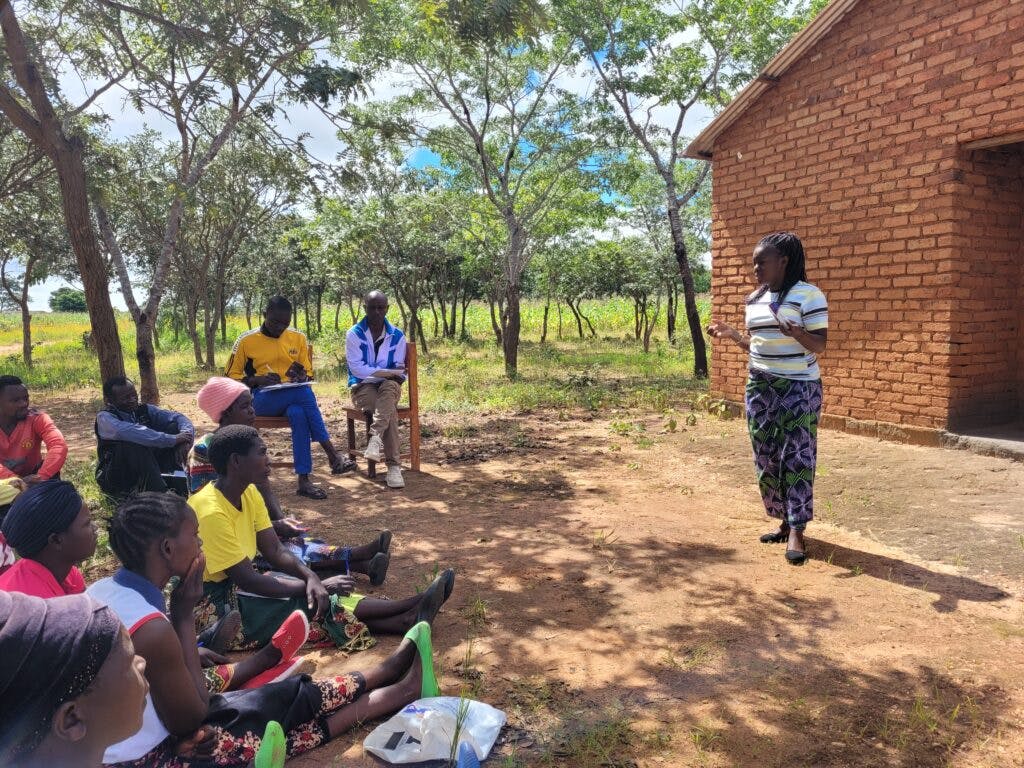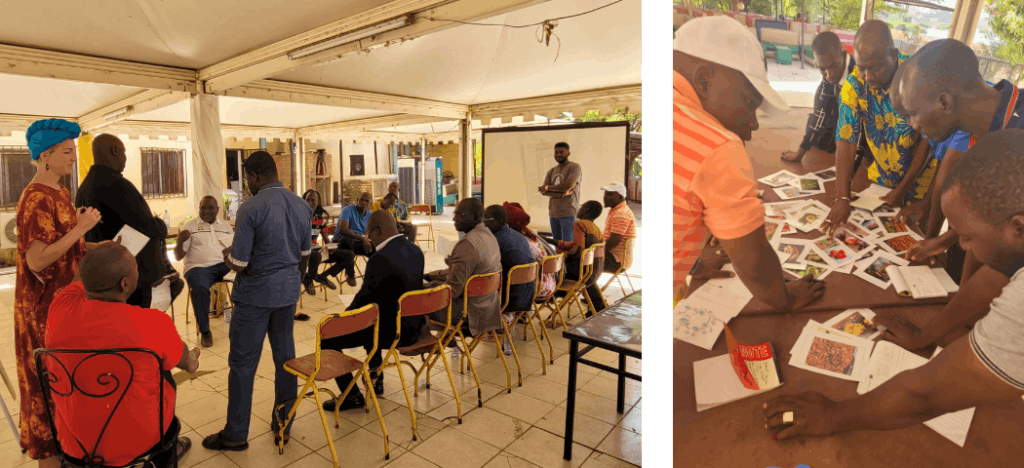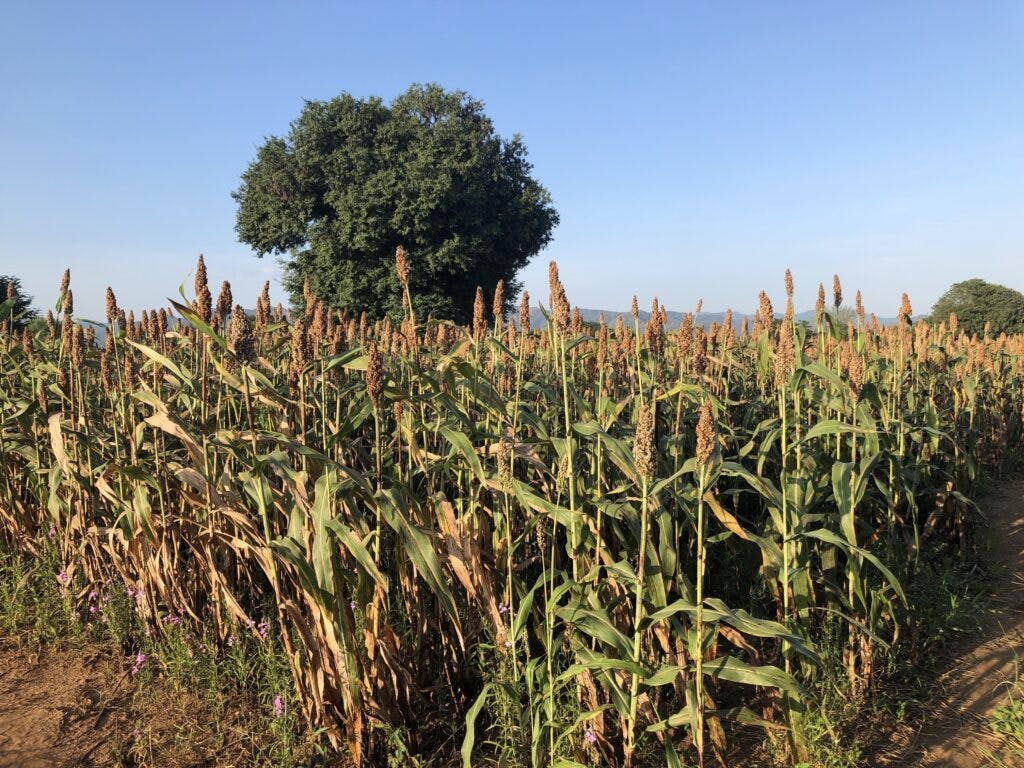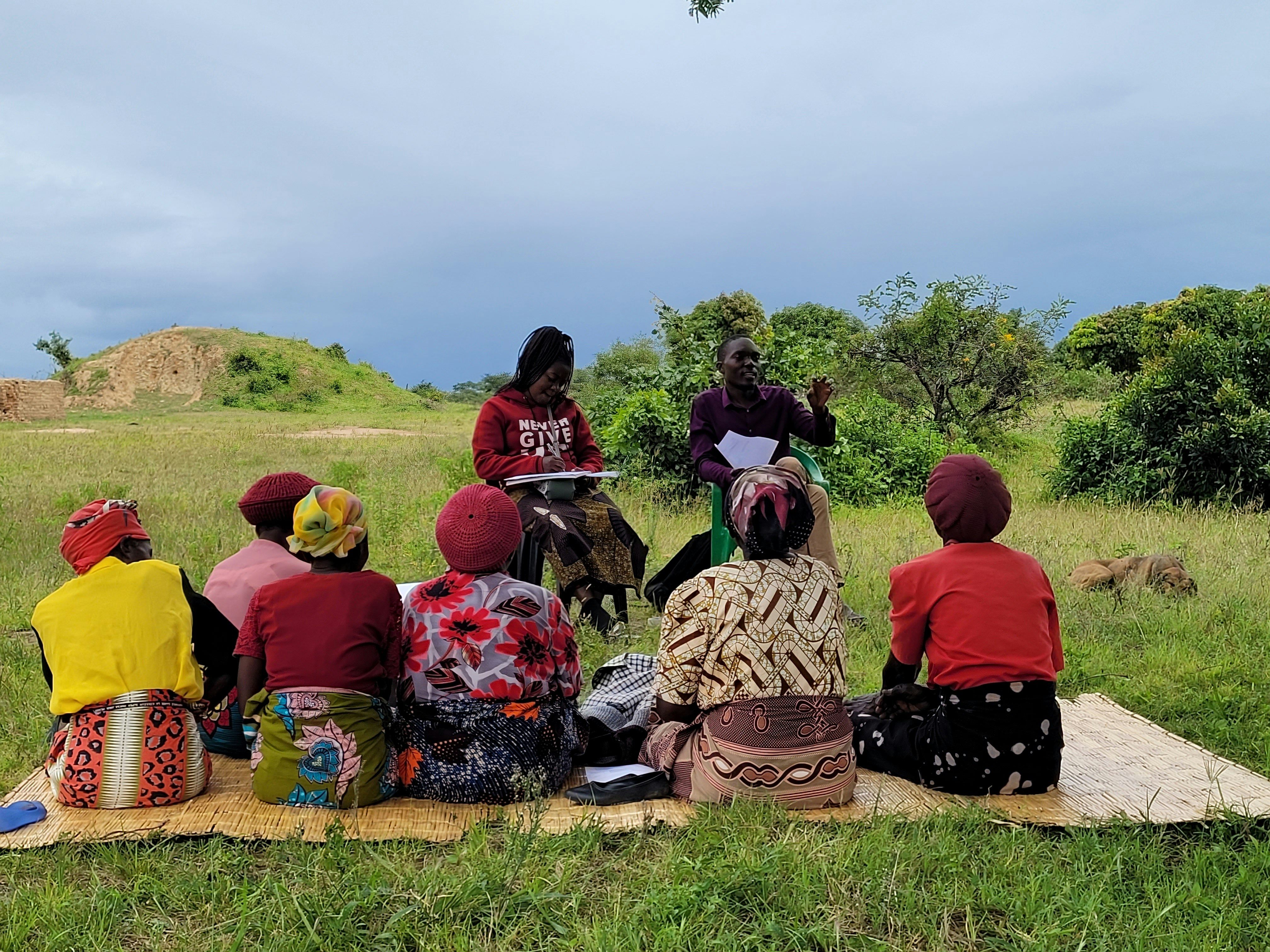For 25 years, Rise Against Hunger has been supporting rural, last-mile communities in our work to alleviate food insecurity around the world. If you’ve participated in one of our meal packaging events before, you might know that we ship nutritious meals globally as a means to provide immediate support for communities experiencing hunger. In addition to addressing immediate needs, we also support long-term sustainable solutions to ending hunger. Rise Against Hunger works with community-based organizations to develop sustainable agriculture and income-generation programs that address the root causes of hunger and aim to establish long-term solutions. Through our Empowering Communities pathway, Rise Against Hunger works with local organizations through project grants, technical training and behavior change workshops, all of which promote empowerment and strengthen the capacity of local organizations to mitigate hunger through community-based solutions. The Empowering Communities agriculture and income-generation programs give local organizations autonomy to implement food security programs based on the needs of the communities they serve, and Rise Against Hunger comes alongside these organizations as they tackle these challenges. 


- Other Global Locations


